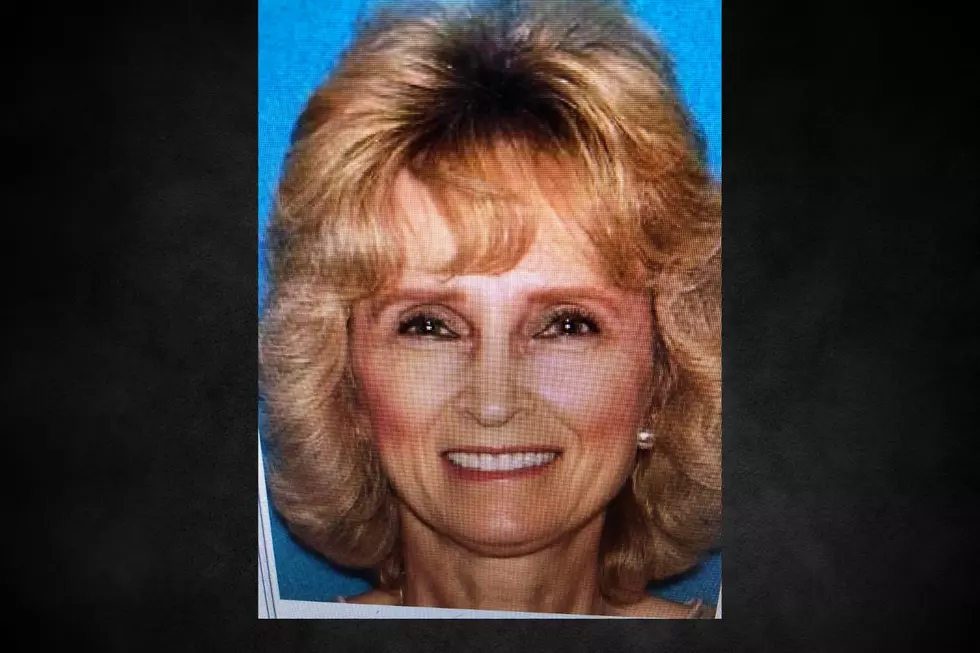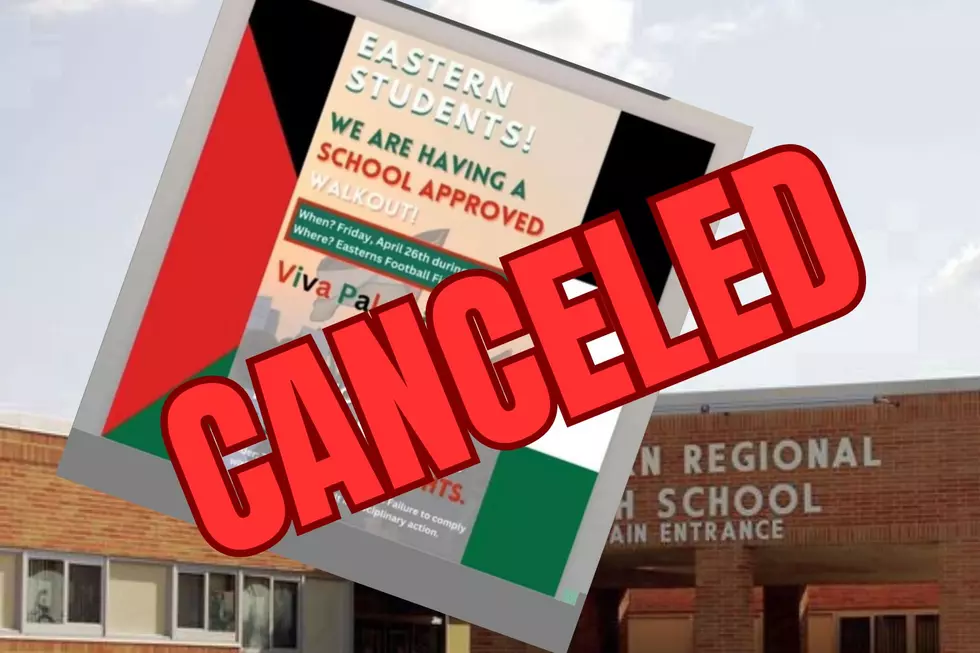
March in Hungary Remembers the Holocaust
Seeking atonement for their relatives, the grandchildren of some of those involved in the Holocaust joined the annual March of Life walk this year as it shifted to Hungary.
Dozens of Hungarians joined about 250 Germans on the trek - a five-day walk along the route taken by tens of thousands of Hungarian Jews who were marched to Germany and Austria as forced laborers at the end of World War II.
Some 550,000 Hungarian Jews died in the Holocaust, including many of the forced laborers. This year's participants reversed the route - walking from the Austrian border to Budapest, the Hungarian capital.
Frank Pfeiffer's grandfather voluntarily joined the Waffen-SS, the military arm of the Nazi Party, while his wife Barbel's grandfather helped build the electrical system at the Auschwitz death camp, including the wiring of its gas chambers.
At Auschwitz, about a third of its victims were Hungarian Jews.
"I have deliberately come on this march to ask for forgiveness from the Jewish people and the survivors," said Pfeiffer, a 44-year-old travel agent. "As the grandchild of a perpetrator, I want to express how deeply sorry I am at what my grandfather did."
The couple did not discover the truth about their relatives' actions until about 12 years ago, when they began researching their families' pasts.
"We are here with my husband to say the words our grandparents were incapable of," Barbel Pfeiffer said during Friday's remembrance at the Federation of Hungarian Jewish Communities. "Words cannot undo the events of the past, but we regret what happened with all our hearts."
Commemorations of the 70th anniversary of the Holocaust in Hungary have been tainted by disputes between Hungarian Jewish groups and Prime Minister Viktor Orban's government.
Authorities have acknowledged and apologized for Hungarians' actions in the Holocaust, but a statue commemorating the 1944 Nazi occupation of Hungary is being erected despite protests from Jewish groups, who see the memorial as an attempt to diminish Hungarian officials' role in the deportations.
Zoltan Pokorni, a former education minister, said last week that Germany's occupation of Hungary was "an explanation, but not an excuse" for the fate of Hungarian Jews.
"The murderers were Hungarian and the victims were also Hungarian," Pokorni said. "This is our issue, not a distant historical question."
A German pastor began the March of Life events in 2007. Since then, more than 20,000 people have taken part in reconciliation marches in 13 countries.
More From New Jersey 101.5 FM









